Xinhuanet Beijing, December 28 th, 2017 has been "insufficient balance". Over the past year, the Ministry of Education has issued a number of new policies around the hot and difficult issues of central concern, social concern and people’s concern, and promoted new breakthroughs in key areas and key links. A few days ago, the Ministry of Education announced the annual work inventory, and 20 tasks added another bright color to the development of education in China.

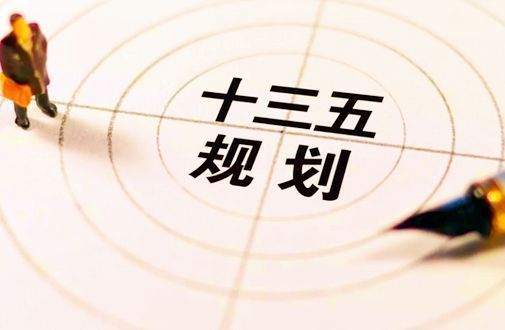
In January, the State Council issued the 13th Five-Year Plan for the Development of National Education, which is a programmatic document guiding the national education reform and development during the 13th Five-Year Plan period. The Plan defines the guiding ideology, basic principles, main objectives and main themes of the education reform and development in the 13th Five-Year Plan, and proposes that by 2020, important progress will be made in education modernization, and the overall strength and international influence of education will be significantly enhanced, which will push China into the ranks of powerful countries in human resources and talents and lay a solid foundation for realizing the long-term goal of China’s education modernization in 2030.
2. Accelerate the construction of "double first-class"

In January, the Ministry of Education, the Ministry of Finance and the National Development and Reform Commission issued the Implementation Measures for Promoting the Construction of World-class Universities and First-class Subjects as a Whole (Provisional). In late September, the list of "double-first-class" universities and disciplines was published, with 42 first-class universities, 95 first-class disciplines and 465 disciplines. In the new historical period, the construction of "double first-class" is of great significance to improve the development level of higher education in China, enhance the core competitiveness of the country and lay a long-term development foundation.
3. Revise the regulations on the management of college students.

In February, the Ministry of Education issued the newly revised Regulations on the Management of Students in Colleges and Universities. This comprehensive revision has made great efforts to enhance the pertinence, standardization, scientificity and operability of the Regulations, timely reflected and embodied the new ideas, ideas and strategies of the central government on higher education, adapted to the new needs of economic and social development, and reflected the new changes in higher education and management. The implementation of the new "Regulations" will play an important role in maintaining the normal education and teaching order in schools, safeguarding students’ rights and interests, standardizing students’ behavior and promoting their all-round development.
4. Strengthen and improve ideological and political work in colleges and universities under the new situation.
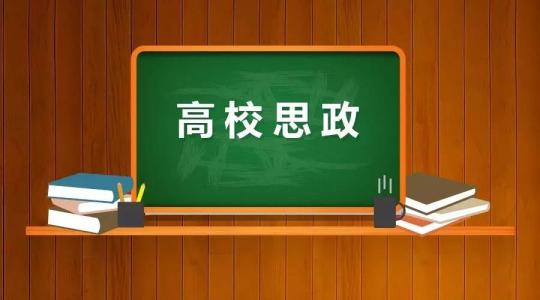
In February, the Central Committee of the Communist Party of China and the State Council issued "Opinions on Strengthening and Improving Ideological and Political Work in Colleges and Universities under the New Situation", which is of great significance for adhering to the Party’s educational policy, adhering to the socialist direction of running schools, adhering to moral education, strengthening ideological guidance, taking root in running universities in China, comprehensively promoting all the work of Party building, and effectively managing the Party and strictly implementing it. In February, the Party Group of the Ministry of Education issued the "Standards for the Party Construction of Students in Ordinary Colleges and Universities" and in August issued the "Opinions on Strengthening the Party Branch Construction of Teachers in Colleges and Universities under the New Situation", as an important measure to deepen the comprehensive and strict management of the Party and extend it to the grassroots level of colleges and universities. In September, the Ministry of Education revised and promulgated the Regulations on the Construction of Counselors in Colleges and Universities by ministerial order, which is an important institutional arrangement to further strengthen the construction of counselors in colleges and universities and enhance their professional level and professional ability. In December, the Ministry of Education issued the "Outline for the Implementation of the Quality Improvement Project of Ideological and Political Work in Colleges and Universities" to effectively build the "Top Ten" education system and get through the last mile of education. The Ministry of Education has also designated 2017 as the "year of teaching quality of ideological and political theory courses in colleges and universities", continuously improving the affinity and pertinence of ideological and political course teaching and enhancing college students’ sense of acquisition of ideological and political courses.
5. The plan to popularize education in senior high school started.
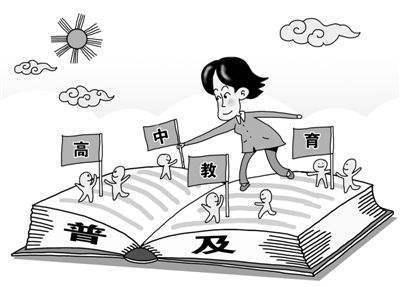
In March, the Ministry of Education and other four ministries and commissions jointly issued the "High School Education Popularization Plan" (2017— In 2020), it is proposed that the gross enrollment rate of high school education in China will reach more than 90% by 2020. The key to tackling the problem is to ensure the basics, make up the shortcomings and promote fairness. The key point is to improve the popularization level of poverty-stricken areas, ethnic minority areas, remote areas and old revolutionary areas in the central and western regions, ensure the educational opportunities for students with financial difficulties, disabled students and their accompanying children, and solve outstanding problems such as the high proportion of large classes in ordinary high schools, the continuous decline in the enrollment ratio of vocational education, and the difficulties in school operation. The implementation of the plan is of great significance and far-reaching influence for popularizing high school education, further improving the overall quality of the people, the competitiveness of the labor force, and building a strong country with human resources.
6. Deepen the "streamline administration, delegate power, strengthen regulation and improve services" reform in the field of higher education.
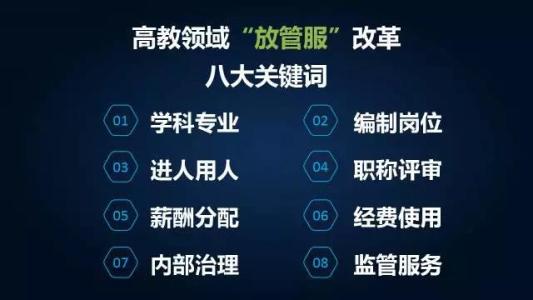
In March, the Ministry of Education and other five departments jointly issued "Several Opinions on Deepening the Service Reform in the Field of Higher Education", aiming at the deep-seated problems in the reform and development of higher education, such as discipline, establishment, post, employment, job title evaluation, salary distribution, and use of funds, further delegating power to local and universities, loosening the burden and simplifying the burden, so that schools can have greater autonomy in running schools. Deepening the "streamline administration, delegate power, strengthen regulation and improve services" reform in the field of higher education is a clear requirement of the State Council, an important measure to deepen the comprehensive reform of higher education, and an inevitable requirement to implement and expand the autonomy of running universities.
7. Implement the third preschool education action plan.
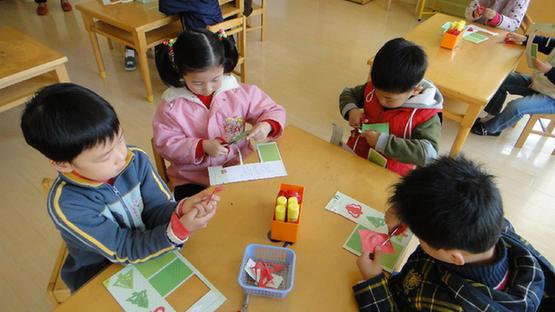
In April, four ministries and commissions, including the Ministry of Education, jointly issued the Opinions on Implementing the Action Plan for the Third Pre-school Education, making comprehensive arrangements for the reform and development of pre-school education during the Thirteenth Five-Year Plan, focusing on solving the problems of poverty alleviation areas, new population concentration areas in the two-child policy and kindergarten construction in the urban-rural fringe. It is proposed that by developing inclusive kindergartens and other measures, the gross enrollment rate will reach 85% and the coverage rate of inclusive kindergartens will reach about 80% in 2020.
8. Strengthen the construction of safety risk prevention and control system for kindergartens in primary and secondary schools.
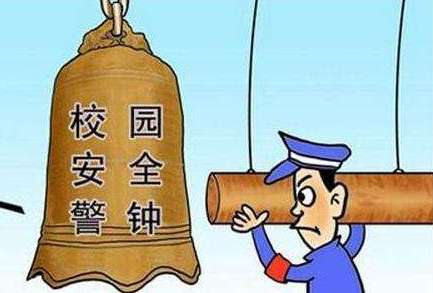
In April, the General Office of the State Council issued the Opinions on Strengthening the Construction of Safety Risk Prevention and Control System for Kindergartens in Primary and Secondary Schools. The Opinions systematically designs and comprehensively stipulates the overall requirements of school safety risk prevention and control, risk prevention system, risk management and control mechanism, accident and risk resolution mechanism, leadership responsibility and risk resolution mechanism, aiming at building the campus into the sunniest and safest place, which is of great significance for effectively safeguarding the personal safety of teachers and students, ensuring the safety and order of the campus and promoting social harmony and stability.
9. Promote the provincial people’s governments to perform their educational duties.
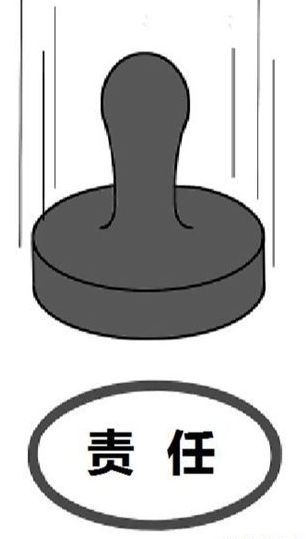
In May, the General Office of the State Council issued the Measures for the Evaluation of the People’s Government at the Provincial Level in Performing its Educational Duties, which evaluated the leadership, management, guarantee and promotion of the development and stability of education by the provincial government, and the evaluation results served as the basis for the assessment of the leading bodies of the government and relevant departments. The "Measures" clearly define the evaluation objectives, standardize the evaluation process, and strengthen the accountability of assessment, which is of great significance for promoting the provincial people’s governments to fully and correctly perform their educational duties according to law and ensuring the implementation of the national education policies.
10. Deepen the collaboration between medical education and promote the reform and development of medical education.

In July, the General Office of the State Council issued the Opinions on Deepening the Collaboration between Medical Education and Further Promoting the Reform and Development of Medical Education, which was the first time to issue a document on the special work of medical education reform and development in the name of the State Council. The Opinions defined 14 reform tasks in four aspects, and put forward specific reform measures around comprehensively improving the quality of personnel training, comprehensively optimizing the structure of personnel training, strengthening the macro-management of medical and educational cooperation, and promoting the close combination of personnel training and use. It focuses on the major and deep-seated problems faced by the reform and development of medical education, and is a major reform with overall, strategic and leading significance, focusing on the construction of a healthy China.
11. Improve the development level of special education.
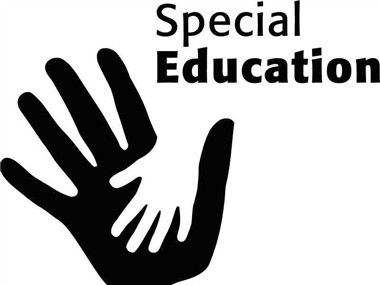
In July, the Ministry of Education and other seven departments issued the Second Special Education Promotion Plan (2017— 2020). The Promotion Plan clearly defines three key tasks: improving the special education system, enhancing the security capacity of special education, and improving the quality of special education. It proposes that the enrollment rate of compulsory education for disabled children and adolescents will reach more than 95% by 2020 by giving priority to regular school attendance, special education school attendance and door-to-door delivery. In addition, in April, the "Regulations on the Administration of the National Unified Examination for the Admission of Disabled Persons to Colleges and Universities (Provisional)" was promulgated, which provided reasonable convenience for disabled candidates who took the college entrance examination.
12. Improve the cultural exchange mechanism between China and foreign countries in the new era.

In July, the meeting of the Central Leading Group for Comprehensively Deepening Reform deliberated and adopted "Several Opinions on Strengthening and Improving Humanities Exchanges between China and Foreign Countries". After that, the State Council of China issued a document, emphasizing the need to innovate the high-level humanities exchange mechanism, reform the content, form and working mechanism of humanities exchanges in various fields, and integrate the concepts of humanities exchanges and cooperation into all fields of foreign exchanges. In 2017, six high-level people-to-people exchange mechanisms between China and Russia, China and the United States, China and Britain, Central Europe, China and France, and China and Indonesia were further consolidated, and the high-level people-to-people exchange mechanisms between China, South Africa and China and Germany were launched for the first time, serving the country’s reform and development and foreign strategy, demonstrating China characteristics, China style and China style.
13. Further strengthen compulsory education to control dropout and protect education.

In July, the General Office of the State Council issued the Notice on Further Strengthening the Control of Dropouts and Improving the Consolidation Level of Compulsory Education. The "Notice" makes arrangements for improving the consolidation level of compulsory education and ensuring the development of compulsory education, emphasizing the need to focus on the construction of a working mechanism to control dropout and protect education, and to avoid dropping out of school because of school weariness, poverty and inconvenience. This is a powerful measure to increase the support for compulsory education in rural areas, especially in areas such as the old, the young and the poor, and is of great significance to building a well-off society in an all-round way and winning the battle against poverty.
14. Strengthen and improve moral education in primary and secondary schools.

In August, the Ministry of Education issued the Guide to Moral Education in Primary and Secondary Schools. The Guide puts forward the goal of moral education at different levels, emphasizes the pertinence of moral education, and highlights the organic connection and gradual progress of moral education. The publication of the Guide will play an important role in improving the long-term mechanism construction of moral education in primary and secondary schools and comprehensively improving the level of moral education in primary and secondary schools.
15. The textbooks compiled by the three subjects of compulsory education are put into use.
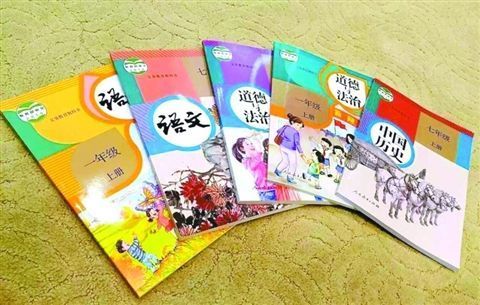
Since September 1st, the Ministry of Education has organized a new textbook of three subjects — — Compulsory education ethics and rule of law, Chinese and history have been examined and approved by the National Textbook Committee and put into use in the initial grades of primary and secondary schools nationwide. The textbooks of "Three Subjects" attach importance to cultivating and practicing socialist core values, implementing Chinese excellent traditional culture education and strengthening revolutionary traditional education. Compiling unified textbooks is an important decision of the central government, an important measure to educate people, and the need to improve the quality of education.
16. Deepen the reform of the education system and mechanism.
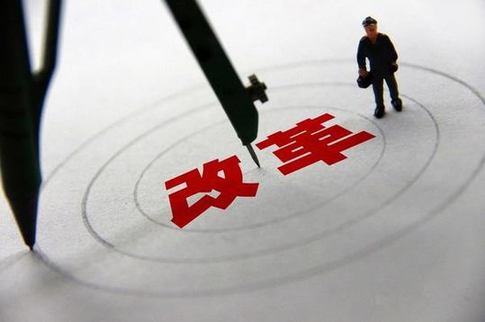
In September, the general offices of the General Office of the Central Committee of the CPC and the State Council issued the Opinions on Deepening the Reform of Educational System and Mechanism, aiming at the outstanding problems and key points of all kinds of education at all levels, clearly proposing to systematically promote the reform of educational methods, school-running models, management systems and guarantee mechanisms, and making efforts to improve the basic institutional system in Socialism with Chinese characteristics, so as to make all kinds of education at all levels more in line with the laws of education, the laws of talent growth and the all-round development of people, and to provide institutional guarantee for the development of modern education with China characteristics and world level.
17. Strengthen the comprehensive management of bullying among primary and secondary school students.
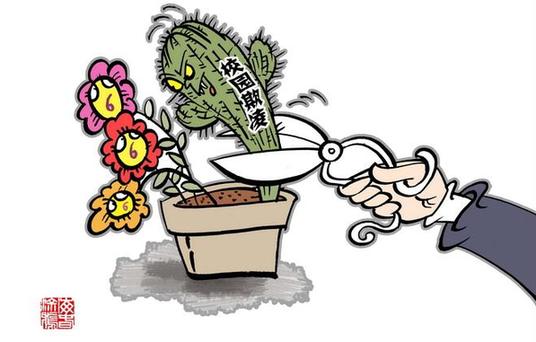
In November, 11 departments, including the Ministry of Education, jointly issued the Plan for Strengthening the Comprehensive Management of Bullying among Primary and Secondary School Students. The Governance Plan clarifies the definition of student bullying, puts forward specific measures to prevent it, standardizes disposal procedures, clarifies disciplinary measures for different situations of student bullying, and establishes a long-term mechanism and clarifies the division of responsibilities. This is of great guiding significance for implementing the prevention and control of bullying among primary and secondary school students and building the campus into the safest and sunniest place.
18. Implementation of management standards for compulsory education schools
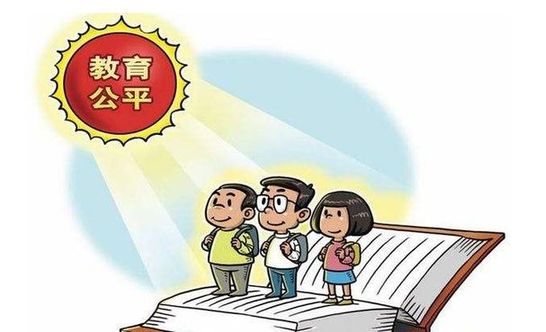
In December, the Ministry of Education issued the Standards for the Management of Compulsory Education Schools, which comprehensively and systematically sorted out the basic requirements for the management of compulsory education schools in China for the first time. The standard defines the main management responsibilities of the school from six aspects: safeguarding students’ equal rights and interests, promoting students’ all-round development, leading teachers’ professional progress, improving the level of education and teaching, creating a harmonious and beautiful environment, and building a modern school system, including 88 specific contents such as "adhering to the principle of admission without examination" and "implementing balanced classes". The promulgation and implementation of the Management Standards is of great significance to comprehensively improve the quality of compulsory education, promote the balanced development of compulsory education, standardize the school-running behavior of compulsory education and comprehensively improve the development level of compulsory education.
19. Deepen the integration of production and education

In December, General Office of the State Council issued Several Opinions on Deepening the Integration of Industry and Education. For the first time, the Opinions clarified the policy connotation and institutional framework of deepening the integration of production and education, integrated education first and talents first into various policies, and improved the promotion mechanism of the integration of production and education. Deepening the integration of production and education will promote the development of vocational education and higher education, strengthen the cultivation of innovative talents and technical skills talents, give better play to the leading role of education in supporting industrial transformation and upgrading, and further promote the coordinated development of education and economy and society.
20. Start the ten thousand teachers’ teaching program in Tibet and Xinjiang.
In December, four departments, including the Ministry of Education, jointly issued the "Implementation Plan for Ten Thousand Teachers in Tibet and Xinjiang", and the first batch of 4,000 teachers were planned to be sent to Tibet, Xinjiang and Corps. The implementation of this plan will effectively alleviate the contradiction of the shortage of excellent teachers in the recipient areas of Tibet and Xinjiang, and promote the education and teaching level of recipient schools in Tibet and Xinjiang.
关于作者